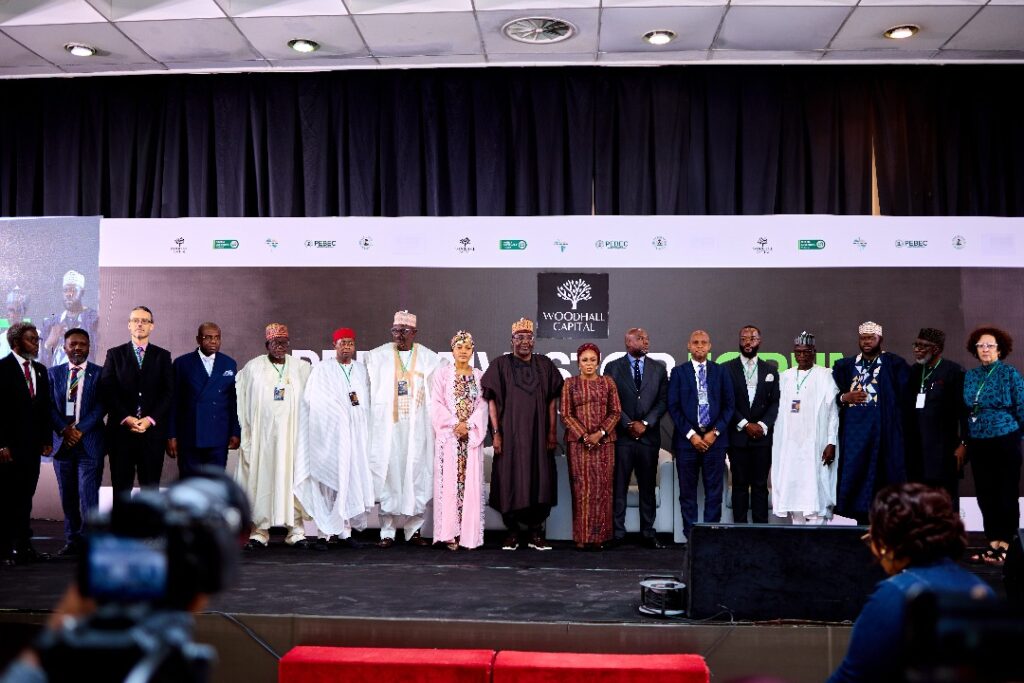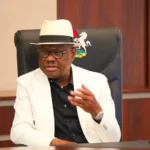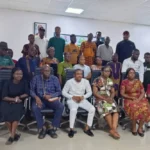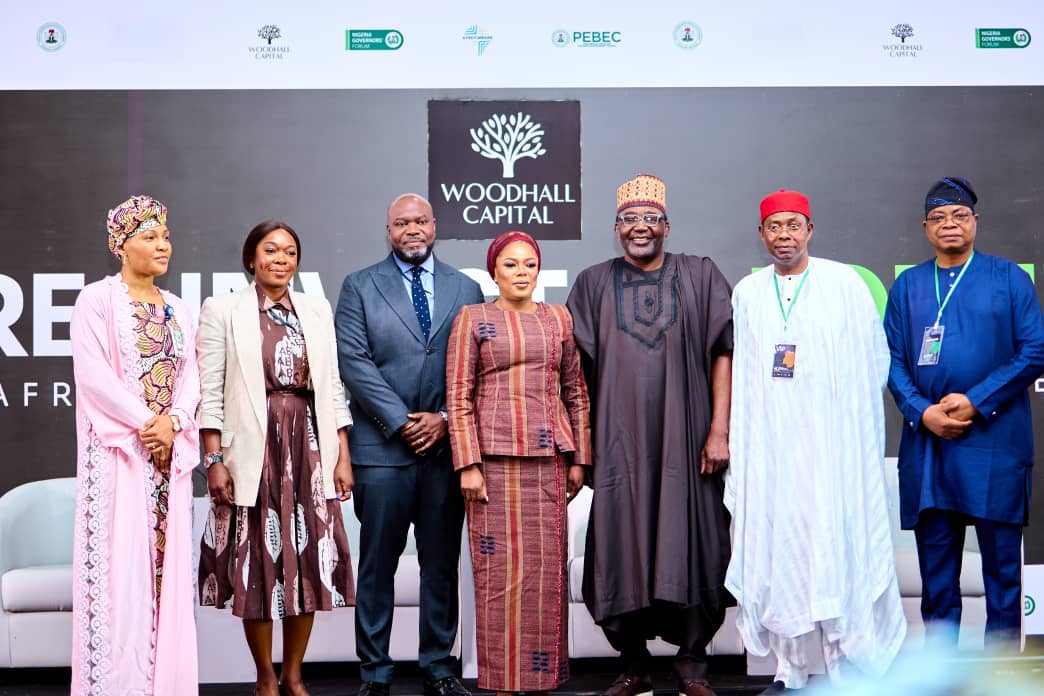By Kayode Adebiyi
Vice-President Kashim Shettima says Nigeria is now best-positioned to lead the intra-African trade and investment revolution.
He said this was because the Federal Government was removing investment bottlenecks and boosting ease of doing business.
The Vice President stated this at the opening of the Pre-Investor Forum of the Intra-African Trade and Investment Conference in Abuja on Friday.
Shettima also emphasised the role of subnational governments in the Nigerian-led continental trade and investment revolution.
“Nigeria, with its unparalleled market size, a strong GDP, and a demography that thrives in innovation, is in a key position to anchor the African commercial revolution.
“However, the revolution cannot be led by Abuja alone. It will be driven by a subnational structure, with the governors in charge.”
He said the government recognises that, to attract sustainable investment, it must continue to build an environment based on predictable policies, institutional transparency, and public accountability.
“Besides improving the ease of doing business, we are heavily investing in the fundamentals—security, infrastructure, and macroeconomic stability—because we understand that the foundation of any competitive economy is trust.
“Investors need to trust that their capital is safe, that the rules are stable, and that opportunities are genuine,” he said.
The forum, organised by Woodhall Capital in partnership with the Nigeria Governors’ Forum (NGF), highlighted how Nigeria’s subnational governments can serve as anchors for regional economic integration under the African Continental Free Trade Area (AfCFTA).
Represented by the Deputy Chief of Staff to the President, Office of the Vice President, Sen. Ibrahim Hadejia, Shettima decried the trade deficit among African countries.
“For too long, the narrative of African trade has been tainted by what we extract and export to the global north. We need to channel our energy into intra-African trade.
“Consider this fact: trade within the European Union is over 75 per cent of its total; for Asia, it is over 60 per cent.
“However, for Africa, it is sadly reported to be below 17 per cent.
“This conference must therefore achieve one critical outcome: it must transform potential into reality.”

He reiterated the commitment of the Federal Government under the leadership of President Bola Tinubu to creating an enabling environment for businesses and investments to thrive.
“If we work together with purpose, discipline and conviction, Nigeria will lead the emergence of a prosperous Africa directly tied to its fortunes,” he said.
The forum had as its theme: “Facilitating Intra-African Trade: Unlocking the Potential of African Direct Investments (ADI) and Foreign Direct Investments (FDI) to Drive Trade and Sustainable Growth.”
Speaking at the opening session, Mrs Mojisola Hunponu-Wusu, President of Woodhall Capital, reaffirmed the firm’s commitment to creating structured investment platforms that connect state-led development initiatives with domestic and international investors.
“Africa’s growth story is increasingly subnational, and unlocking the potential of Nigerian states through strategic partnerships, policy alignment, and capital mobilisation is vital to achieving sustainable economic transformation across the continent,” she said.
She also commended the present administration for what she called bold reforms redefining Nigeria’s investment landscape.
“The president’s visionary Renewed Hope Agenda and bold macroeconomic reforms have redefined Nigeria’s investment landscape.
“The liberalisation of the foreign exchange market, the unification of exchange rates, and the ongoing efforts to deepen the domestic capital markets are catalytic policies that have restored investor confidence.
“These reforms are not merely economic — they are transformative, laying the foundation for sustainable trade, industrial growth, and subnational economic empowerment.”
Dr Terhemen Johnpaul, Chairman, Forum of State Investment Promotion Agencies of Nigeria (FoSIPAN), said that the next frontier of Nigeria’s prosperity is subnational.
Mr Alain-Thierry Mbongue, Regional Chief Operating Officer, Anglophone West Africa (AWAF), Afreximbank, emphasised the importance of collaboration in creating new pathways for industrialisation, fostering innovation ecosystems, and developing integrated value chains across various sectors.
Princess Zahrah Mustapha, the Director-General of the Presidential Enabling Business Environment Council (PEBEC), said that Africa’s future growth lies not only in attracting foreign investment but also in mobilising African capital for African development.
“We must continue to close the gap between policy ambition and business reality by harmonising regulations, ensuring policy consistency, and deepening public–private partnerships,” she said.
The News Agency of Nigeria (NAN) reports that the pre-investors forum in Abuja served as a prelude to the International Investors Forum to be held in London, Dubai, and Abu Dhabi.
NAN also reports that it offered an opportunity to strengthen collaboration among key stakeholders and align strategies for attracting African and international investments.
The forum reinforced the collective resolve of governments, financiers, and investors to deepen Africa’s economic integration and position Nigeria as a leading hub for intra-African and global investment flows. (NAN)
Edited by Ismail Abdulaziz












